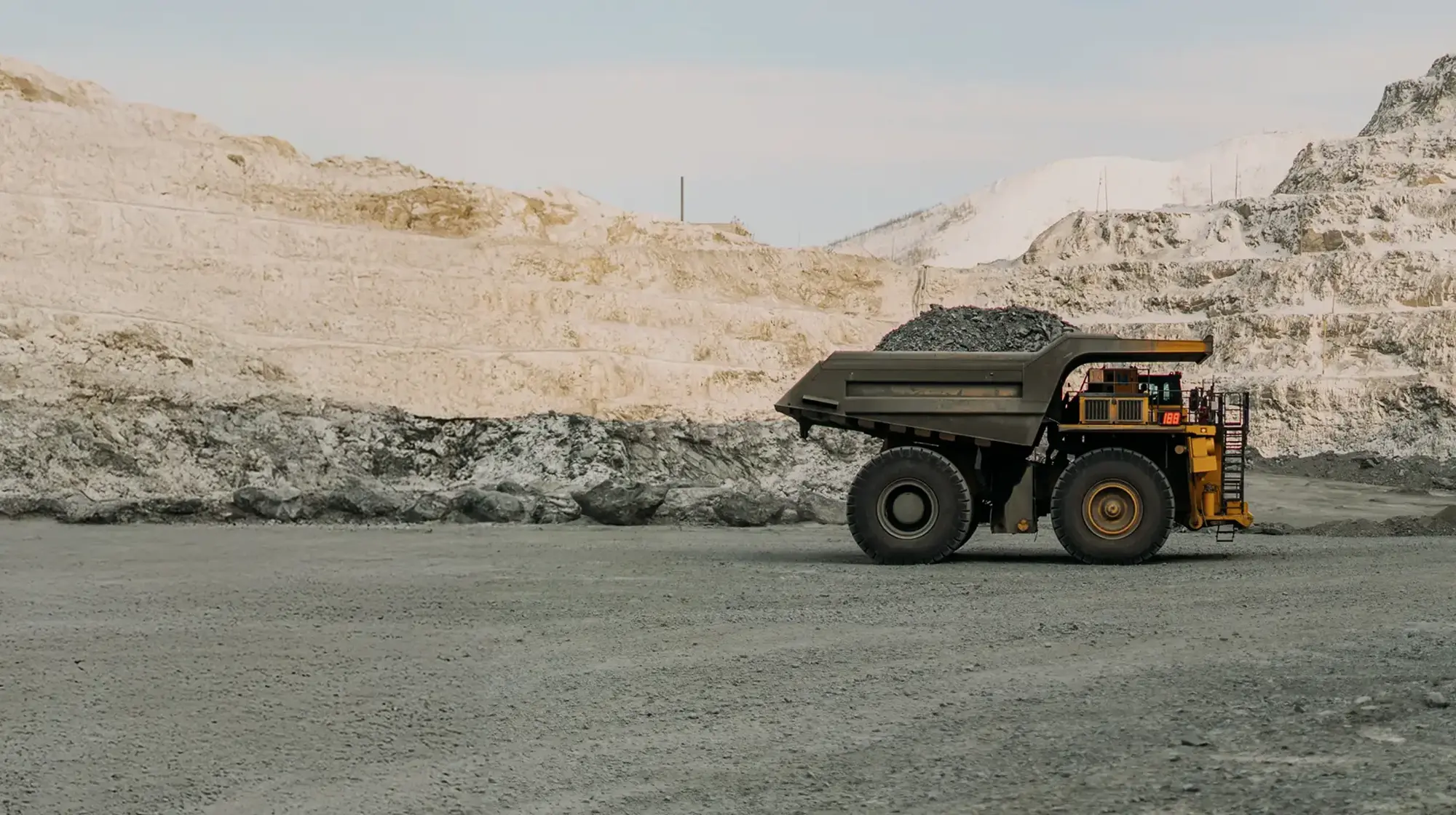Reports related to this article:
Project(s): View 1 related project in PECWeb
Plant(s): View 1 related plant in PECWeb
Released October 25, 2013 | JOHANNESBURG
en
Written by Richard Finlayson, Senior International Editor for Industrial Info Resources (Sugar Land, Texas)--In West Africa, Guinea's government has leveraged a 670-kilometer, trans-national rail line out of Rio Tinto (NYSE:RIO) (London, England) and Aluminum Corporation of China Limited (NYSE:ACH) (Beijing) for the massive Simandou iron ore mining project.
The rail will run from the Simandou site in southern Guinea to the port of Conakry, Guinea's capital, in the north. At full production, the mine will export up to 95 million tons of iron ore annually. In addition to carrying iron, the rail line will provide for other freight and passenger services and, as the government hopes, open up much-needed development in the densely populated interior.
Philip Edmands, iron ore counsel for Rio Tinto, said in Adelaide that the project would necessitate moving in excess of 10,000 people. He said that a "patchwork quilt of tiles" had to be acquired for the rail route, The Australian reported.
The construction of the railway is scheduled to begin in 2018 and will include two viaducts, 24 kilometers of tunnels, and 29 bridges. The rail route corridor will cover 8,000 hectares and will result in the displacement of more than 10,000 people, which is far more than originally estimated. The project's latest social and environmental impact assessment (EIA) statement reported that 15 settlements, with a total of 270 structures, will be removed from the path of the railroad.
Other developers are encroaching on Guinea's rich iron ore resources, but are utilizing different methods for export. However, Rio's railway is of such a scale and complexity that it may spur other exporters to connect in a rail network, which could be the realization of the government's infrastructure development vision.
Guinea holds the top spot globally in exporting bauxite for the aluminum industry.
For related information, see October 17, 2013, article - With Steady Growth, Sustained Infrastructure Development a Priority in Africa.
View Project Report - 85800006
Industrial Info Resources (IIR), with global headquarters in Sugar Land, Texas, three offices in North America and nine international offices, is the leading provider of global market intelligence specializing in the industrial process, heavy manufacturing and energy markets. Industrial Info's quality-assurance philosophy, the Living Forward Reporting Principle, provides up-to-the-minute intelligence on what's happening now, while constantly keeping track of future opportunities.
The rail will run from the Simandou site in southern Guinea to the port of Conakry, Guinea's capital, in the north. At full production, the mine will export up to 95 million tons of iron ore annually. In addition to carrying iron, the rail line will provide for other freight and passenger services and, as the government hopes, open up much-needed development in the densely populated interior.
Philip Edmands, iron ore counsel for Rio Tinto, said in Adelaide that the project would necessitate moving in excess of 10,000 people. He said that a "patchwork quilt of tiles" had to be acquired for the rail route, The Australian reported.
The construction of the railway is scheduled to begin in 2018 and will include two viaducts, 24 kilometers of tunnels, and 29 bridges. The rail route corridor will cover 8,000 hectares and will result in the displacement of more than 10,000 people, which is far more than originally estimated. The project's latest social and environmental impact assessment (EIA) statement reported that 15 settlements, with a total of 270 structures, will be removed from the path of the railroad.
Other developers are encroaching on Guinea's rich iron ore resources, but are utilizing different methods for export. However, Rio's railway is of such a scale and complexity that it may spur other exporters to connect in a rail network, which could be the realization of the government's infrastructure development vision.
Guinea holds the top spot globally in exporting bauxite for the aluminum industry.
For related information, see October 17, 2013, article - With Steady Growth, Sustained Infrastructure Development a Priority in Africa.
View Project Report - 85800006
Industrial Info Resources (IIR), with global headquarters in Sugar Land, Texas, three offices in North America and nine international offices, is the leading provider of global market intelligence specializing in the industrial process, heavy manufacturing and energy markets. Industrial Info's quality-assurance philosophy, the Living Forward Reporting Principle, provides up-to-the-minute intelligence on what's happening now, while constantly keeping track of future opportunities.


